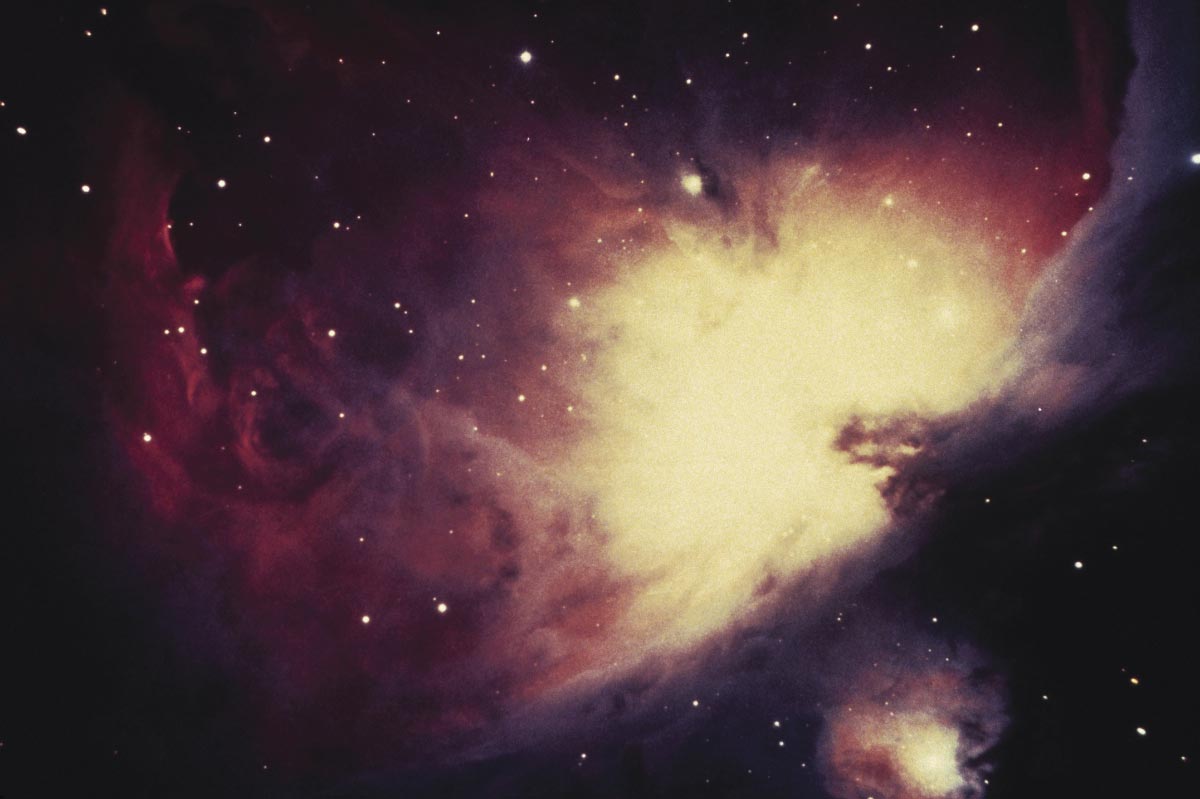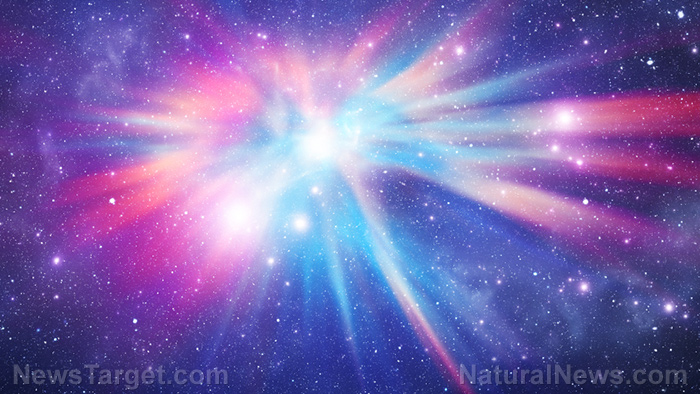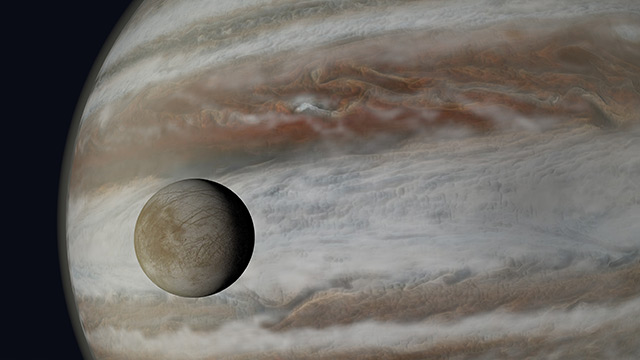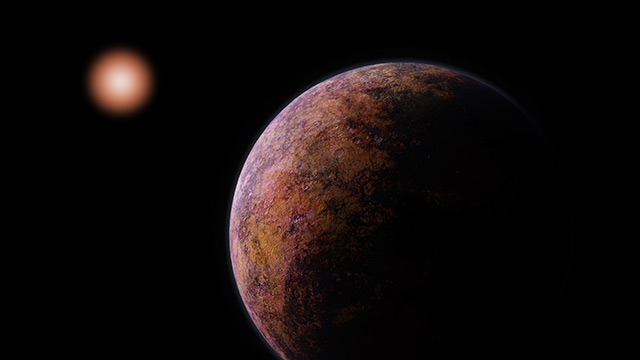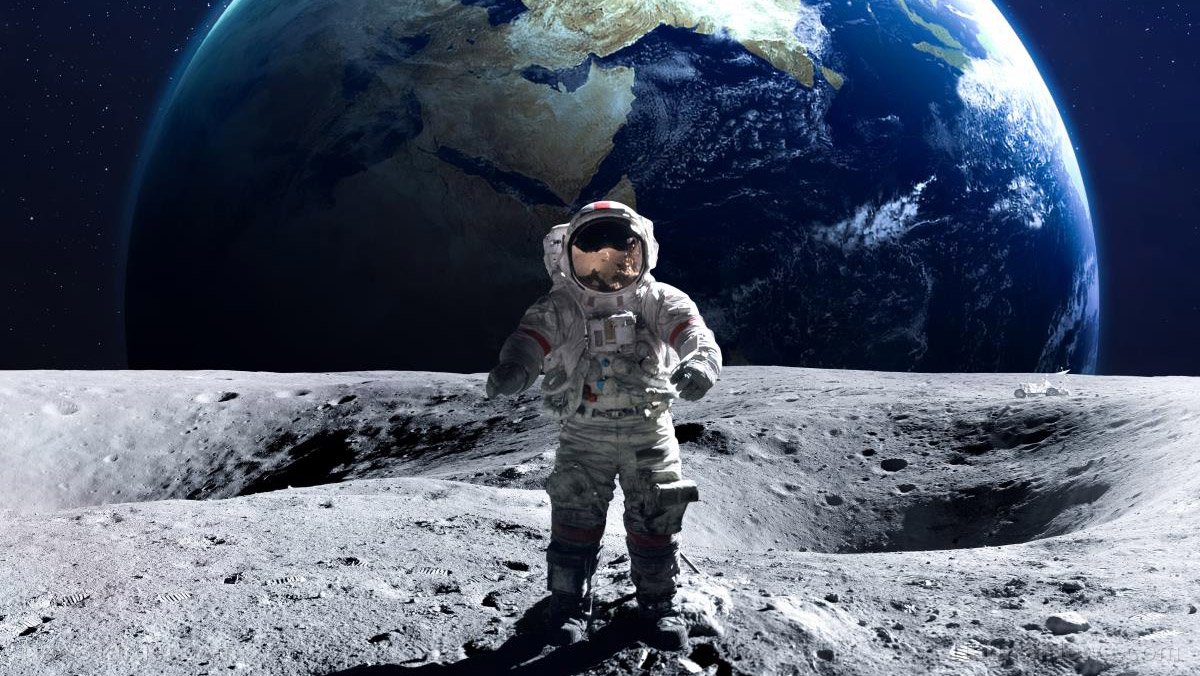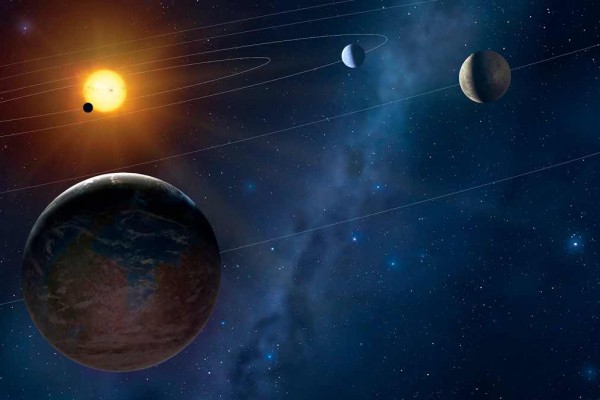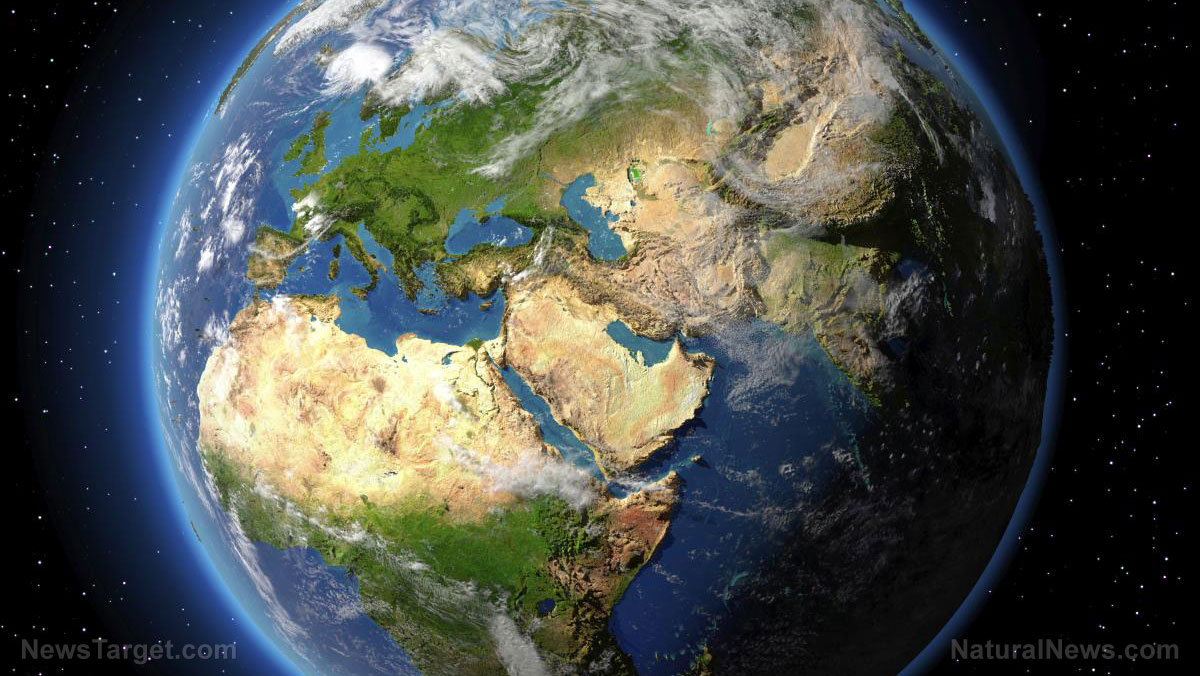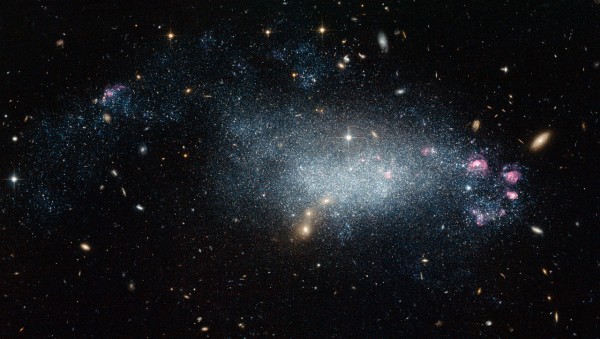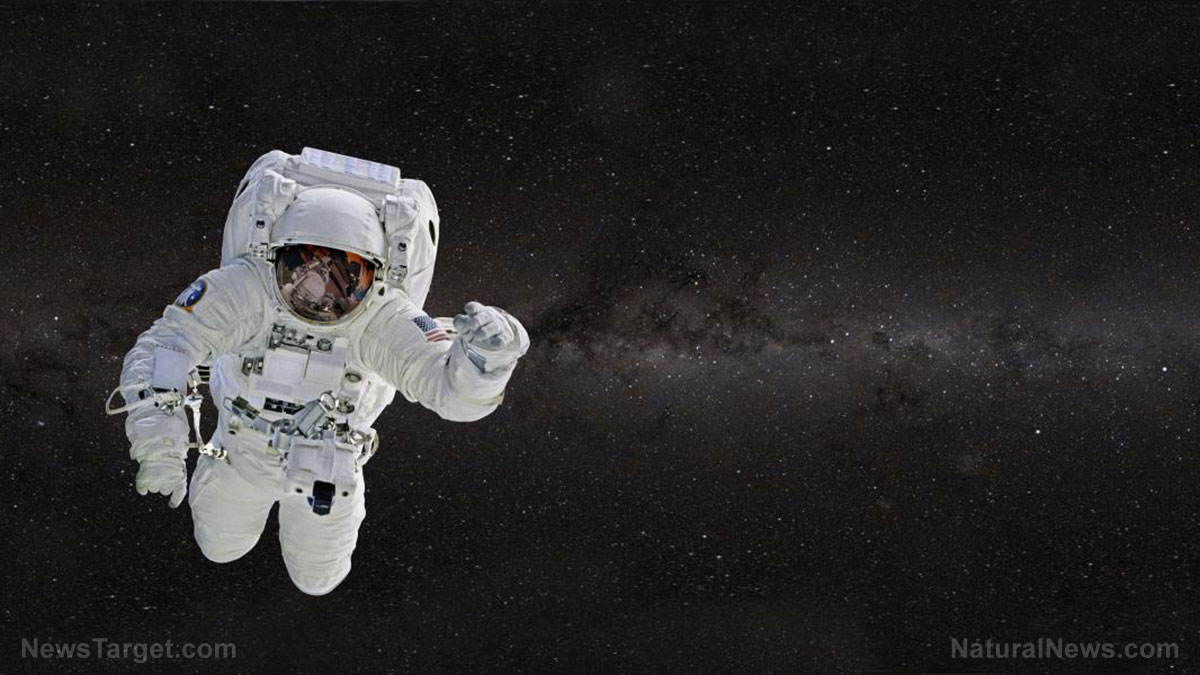One of the greatest assumptions of scientific materialism is that the universe is a closed system; meaning, it does not receive an energy input from the outside. This assumption is now being undermined by a new theory of everything, called subquantum kinetics, purported by Dr. Paul Laviolette.
Dr. Laviolette presented his research at this year’s Secret Space Conference held in Bastrop, Texas. He received a B.A. in Physics from John Hopkins, an MBA from the University of Chicago and a Ph.D. from Portland State University. He currently serves as the director of the Starburst Foundation and is the author of several books, including Secrets of Antigravity Propulsion and Genesis of the Cosmos.
Subquantum kinetics is a novel approach to micro-physics that unifies electricity, magnetism, gravity and the nuclear forces. It hits the ground running by postulating a set of processes that take place at the subquantum level, which compose a fundamental substrate known as a transmuting ether. Concentrations of this ether produce potential fields, which give rise to all the matter and energy in the universe.
Putting theory to practice
Dr. Laviolette’s theory isn’t just conceptual, it has actually been tested. For instance, subquantum kinetics predicts that matter is constantly created throughout the universe and that galaxies should grow with time as matter forms around their center.
At the time of this prediction, conventional science predicted that galaxies form in different shapes and sizes and do not change over time, with the exception of galaxy mergers. Dr. Laviollette’s prediction was later verified in 1995 when the Hubble Space Telescope revealed that distant galaxy clusters are more compact than nearby, older galaxy clusters.
Subquantum kinetics offers an alternative cosmology to conventional Big Bang cosmology, which argues that space, time and matter exploded into existence about 13.7 billion years ago and has been expanding ever since. By contrast, subquantum kinetics predicts a stationary universe. The red shift of galaxies is predicted to be a product of the tired-light effect, which suggests photons lose energy over time from colliding with other particles, and thus, become red-shifted.
Closed versus open systems
But what is perhaps most interesting about subquantum kinetics is that it predicts the existence of an open universe. Closed systems are systems that receive no energy input from the outside. A famous example is an electron orbiting an atomic nucleus, which drops from one energy state to a lower energy state and emits quanta radiation, otherwise known as light, in the process.
This process is energy conserving, since the energy in is equal to the energy out. By contrast, subquantum kinetics predicts the universe has an energy influx from the outside in order to make sense of various phenomena.
Particles, for example, either have a spin or no spin. Conventional physics states that this is an intrinsic feature of particles, which is a fancy way of saying there is no explanation for why particles spin; they just do. By contrast, subquantum kinetics states that the universe receives an influx of energy from the outside source which fuels the movement of particles.
This energy is “the prime mover that underlines all of existence; that’s the energy we tap into,” explained Dr. Laviollette. “We’re like water droplets on a sheet of paper.”
An open-universe system can increase over time. “Everything is in flux,” noted Dr. Laviollete.
Unsurprisingly, subquantum kinetics is sneered at by many academics, since it goes against the conventional scientific worldview. It violates some of the most revered truths in science, including the belief in the conservation of mass/energy density and Newton’s third law of motion. The most controversial claim, that the universe is an open system, undermines the belief that the universe is a freak accident and will inevitably decline into cosmic oblivion.
In other words, the question of whether the universe is an open or closed system is by no means a closed case.
Source:
SecretSpaceProgram.org

